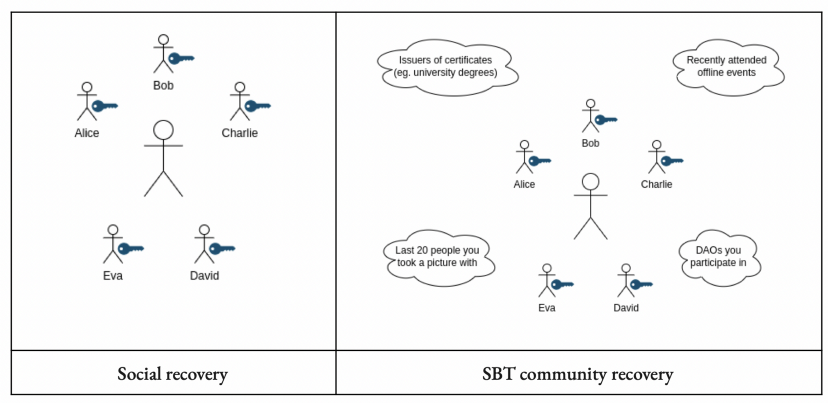Digital Karma Coming after You, Buterin’s Vision
The other day Vitalik Buterin and two other researchers, E. Glen Weyl and Puja Ohlhaver, published a huge article about the concept of Decentralized Society — DeSoc — introducing some analogue of “digital karma” or “social rating”, which they call Souls and Soulbound Tokens.


